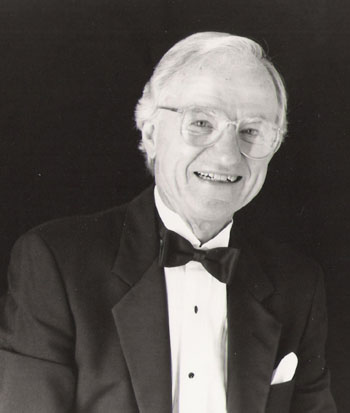The Alfred Camner, Anne Camner, and Camner Family Music Collection is comprised of several hundred rare and valuable scores, signed letters, and other musical ephemera by some of the most important composers from the past three centuries. The collection was donated to the Marta and Weeks Music Library by University of Miami Trustee Emeritus Alfred Camner (J.D. '69), his wife, Anne (J.D. '72), and their four children: Danielle Camner Lindholm (J.D. ’95), Errin Camner (L.L.M. ’99), Lauren Camner Winter (M.B.A. ’98), and Andrew Camner (B.A. ’09). “It is our family’s desire that this collection of first and early printed music editions form the true start to creating an extraordinary musicological resource, unmatched by modern editions,” said Alfred Camner, who, with his wife, also endowed UM’s Camner Center for Academic Resources ("UM Trustee Donates ‘Exhilarating’ Music Treasures to Weeks Library," UM News, 2016).
The scores in this collection are first or early printed editions of major musical works, many of which were published during the composers' lifetimes. Composers generally worked directly with their publishers during the editing and print process, resulting in editions that best represent these musical works as they were at the time of their creation. Preserved with marginal notations by earlier performers, the Camner Family Music Collection offers a window into the past, demonstrating how musical scores were used in both study and practice. This collection provides Frost students, faculty, and researchers with the opportunity to work directly with physical, historical editions of printed music. Frank Cooper, research professor emeritus at the Frost School, eloquently described the impact of these extaordinary materials in 2016, stating, “In an age where electronic media have taken over, there are no research materials to compare to original objects, in this case, printed scores from the times of the composers themselves. How invaluable for researchers today and for many generations to come.”
Highlights of the collection include:
- George Frideric Handel, Acis and Galatea, London: I. Walsh, 1743.
- John Gay and John Christopher Pepusch, The Beggar's Opera, London: W. Strahan etc., 1777.
- Christoph Willibald Gluck, Iphigénie en Aulide, vocal score, Paris: Des Lauriers, 1780.
- Wolfgang Amadeus Mozart, Le nozze di Figaro, vocal score, Bonn: N. Simrock, 1796.
- Wolfgang Amadeus Mozart, Musikalischer Spass, parts, Offenbach am Main: J. André, 1801.
- Wolfgang Amadeus Mozart, Overture, Die Zauberflote, parts, Offenbach am Main: Jean Andre, 1807.
- Ludwig van Beethoven, Symphony No. 5, arranged for piano 4 hands, Leipzig: Breitkopf & Härtel, 1809.
- Ludwig van Beethoven, Grand Sonata for Piano, Leipzig: C.F. Peters, 1815.
- Ludwig van Beethoven, String Quartet, op. 95, parts, Wien: Tobias Haslinger, 1826.
- Robert Schumann, Kinderscenen: leichte Stücke für das Pianoforte, op. 15, Leipzig: Breitkopf & Härtel, 1840.
- Igor Stravinsky, Le sacre du printemps (Rite of Spring), piano four hands, Leipzig: Breitkopf & Härtel,1913.
- Cole Porter, Red, Hot, and Blue, limited, autographed edition, New York: Random House, 1936.
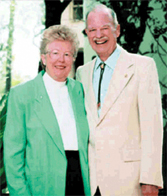
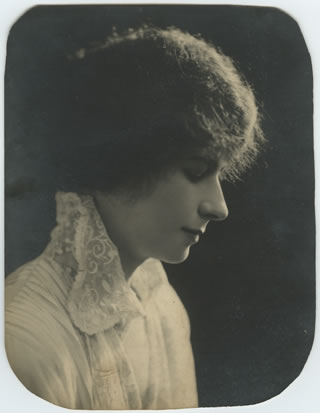 Una Austin Weeks was born in London, England and became a professional concert mezzo-soprano singer. She had elegant charm and personality, and during World War I she gave concerts to entertain the British soldiers in India. Her affinity for music was instilled in her son, Austin, whose love for music remained until his last days. Austin said about his mother:
Una Austin Weeks was born in London, England and became a professional concert mezzo-soprano singer. She had elegant charm and personality, and during World War I she gave concerts to entertain the British soldiers in India. Her affinity for music was instilled in her son, Austin, whose love for music remained until his last days. Austin said about his mother: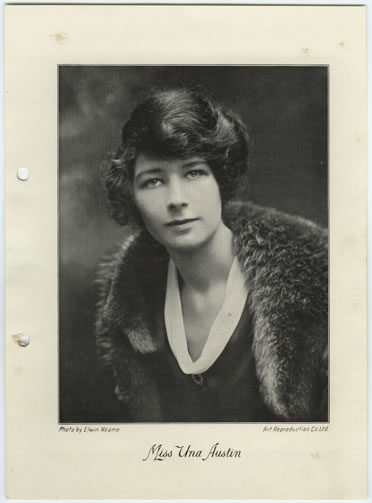 Wellington, January 24, 1921
Wellington, January 24, 1921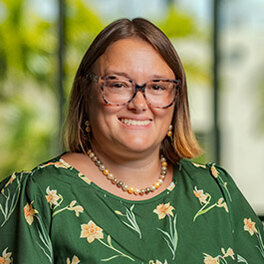
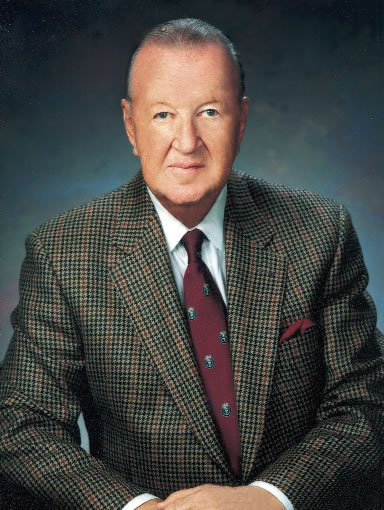
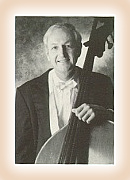 Dr. Lucas Drew was a faculty member of the University of Miami Frost School of Music from 1959 to 2000. In June 2000 he became Professor Emeritus as well as Principal Double Bass Emeritus of the Florida Philharmonic Orchestra.
Dr. Lucas Drew was a faculty member of the University of Miami Frost School of Music from 1959 to 2000. In June 2000 he became Professor Emeritus as well as Principal Double Bass Emeritus of the Florida Philharmonic Orchestra.